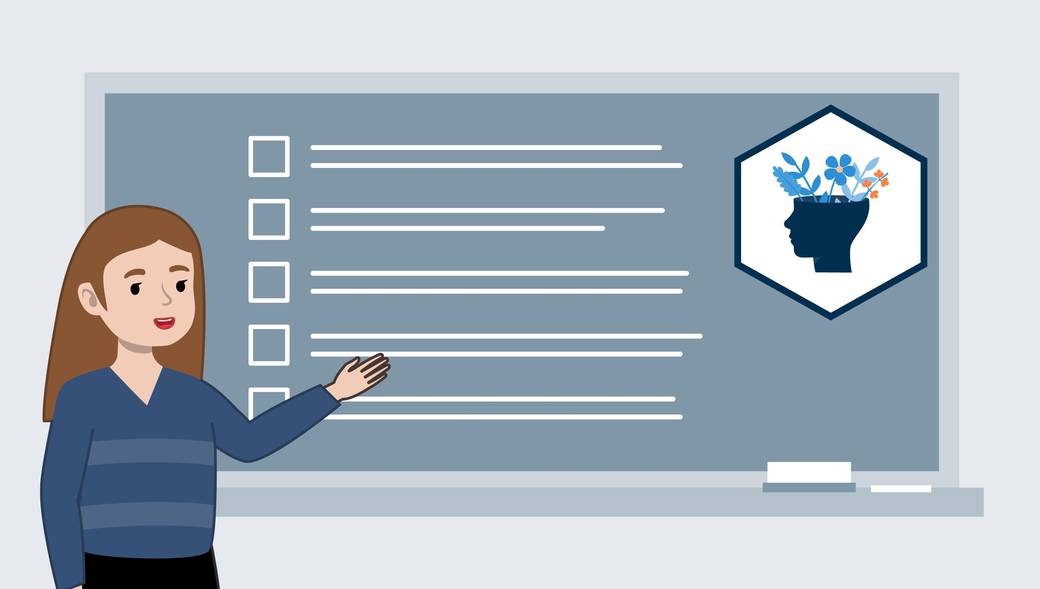In collaboration with leading scholars and experts, we have developed two new clusters of learning pathways to raise awareness of racism. For learners, we created engaging materials that speak to recognizing and rectifying systemic racism. For educators, we developed high-quality curricular materials and evidence-based antiracist and inclusive teaching tools to use in the classroom.

This cluster explores why and how racism is considered a public health crisis in the US. It also teaches foundational concepts needed to build critical thinking skills for understanding and rectifying structural racism. Topics include explorations into the historical formations of race, as well as the role of science, medicine, and health. It also contains case studies of various health disparities.

Across STEM fields, the legacy of racism can be seen in the disproportionate underrepresentation of racialized groups such as Black Americans. To increase equity in science and diverse leadership in science, science teachers must be equipped with inclusive teaching strategies. This cluster contains evidence-based practices to help educators increase Black students’ sense of belonging, identity, and success in science.









RDEISE content was developed to be impactful and meaningful in any setting. Learners and educators can engage with the resources that best suit their needs. RDEISE content can be utilized individually to learn new concepts or strengthen existing knowledge.
The topics explored in Racism as a Public Health Crisis can be integrated into a variety of subjects, including anthropology, biology (including genetics), ethnic studies, medicine, public health, history, and others. For educators, clusters like Racism as a Public Health Crisis can be helpful as a starting point for developing course curricula or class materials.
Advancing Equity in STEM through Inclusive Teaching resources are beneficial for educator or leader professional development, especially for those in the STEM space. The cluster is designed to allow educators to develop their own skillset to ensure students can thrive in their classroom, regardless of their background.





